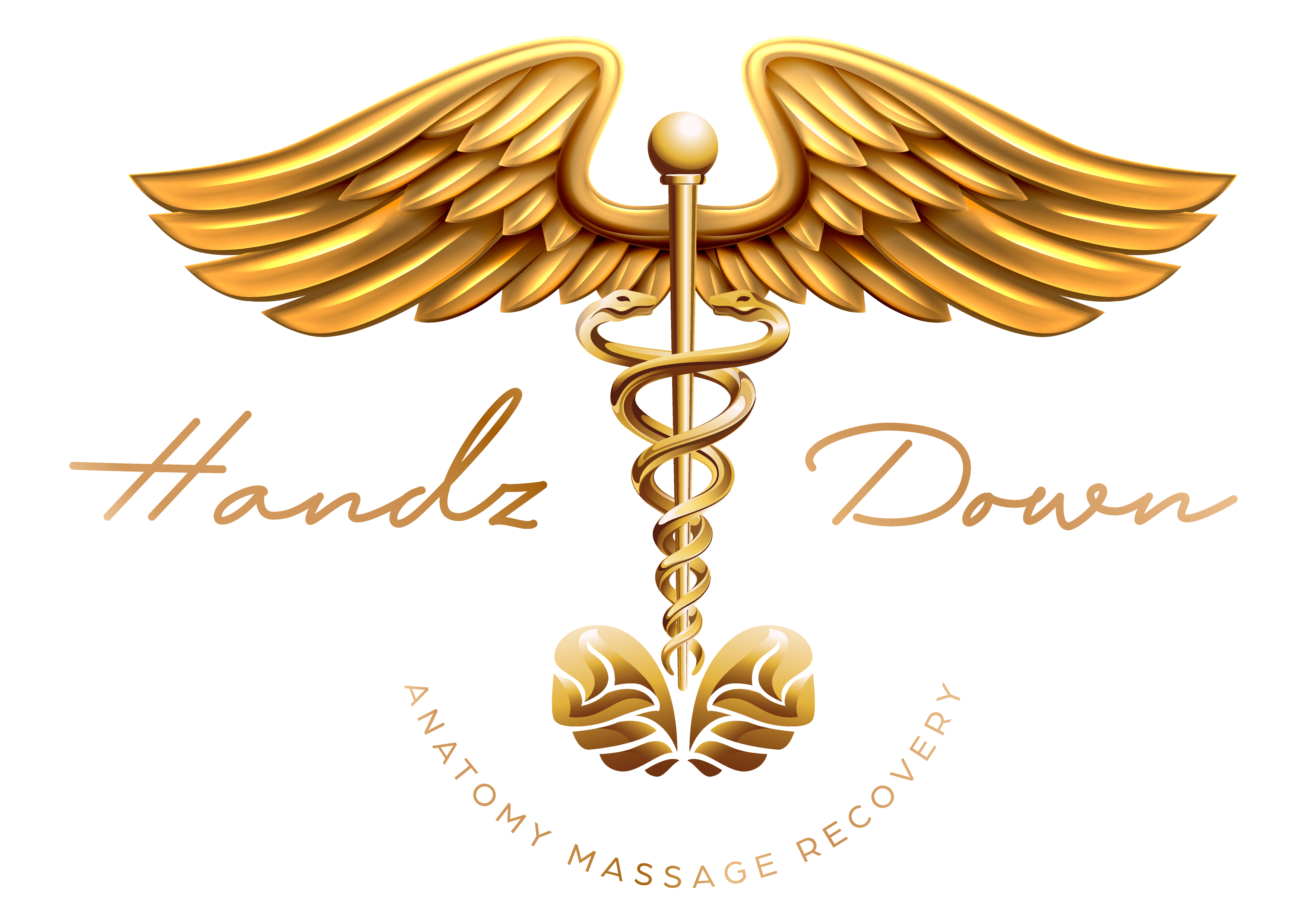Trauma/Abuse
Trauma
Trauma comes in many forms. People whose lives have been affected by trauma or violence are often thrown into a downward spiral of depression, denial, and self-abuse. This can lead to a long road to recovery and memories have a negative effect far into the future.

Events that are usually considered traumatic are:
- Man made traumas – Such as war, family violence crime, accidents, and physical or sexual assault.
- Natural catastrophes – Such as fires, floods, earthquakes, tornados, and hurricanes.
- Other events that involve death or the threat of death, injury or the threat of injury.
Three psychological indicators of trauma:
Its not just the events themselves but also the experiences and repercussions of those events that makes them traumatic. These include 1) being afraid, 2) feeling overwhelmed, and 3) feeling helpless. The sympathetic adrenomedullary response (SAM) is the fight/freeze/flight system that trauma induces.
Abuse
Abuse is defined as to use wrongly or improperly. Abuse comes in many forms and can be self-inflicted or inflicted by someone else. Examples include verbal abuse, mental abuse, physical abuse, self-inflicted injuries, battery, sexual harassment, drug abuse, alcohol abuse or alcoholism.
Common reactions to abuse inflicted by another person
- feeling worthless, ashamed, guilty
- feeling responsible
- self-harm or aggression toward others
- feelings of suicide
- depression
- medical problems
- physically or sexually abusing someone else, especially if the original abuse was started during childhood
Benefits of Massage
- can alleviate feelings of helplessness
- can relieve pain associate with injury
- retraining the body and mind to experience healthy, pleasurable touch not associated with sex or pain
- promotes positive self-image and boosts of self esteem
- facilitates feelings of trust
- helps reconnect the mind and body
- calming down the nervous system that suffered severe shocks as a result of trauma, substances or abuse
People who have lived through the trauma have experienced a great amount of shock to both their physical bodies and their emotional well-being. There are ways a massage therapist can help avoid increasing that stress during the massage:
- soft, quiet, controlled lighting and music
- shorter session duration
- gentler, softer techniques
- none binding draping
- starting the session slowly
Emotional Release
Emotional releases can be cathartic and useful when a client has resources to deal with it. If you have been through trauma, abuse, or high stress levels sometimes an emotional release can appear as sadness, happiness, laughter, or even crying during the massage session. We encourage you to feel comfortable showing your vulnerability if you so choose. We want you to not have to worry about trying to ‘hold it together’ or feel confused as to why this feeling is happening. Your time and session is ALWAYS held in confidence with your therapist and will never be shared with anyone else, for any reason. Being able to allow that feeling to pass through is a huge step of healing your inner-self. The massage therapist’s empathy and technique during the sessions should contribute to your finding peace.
